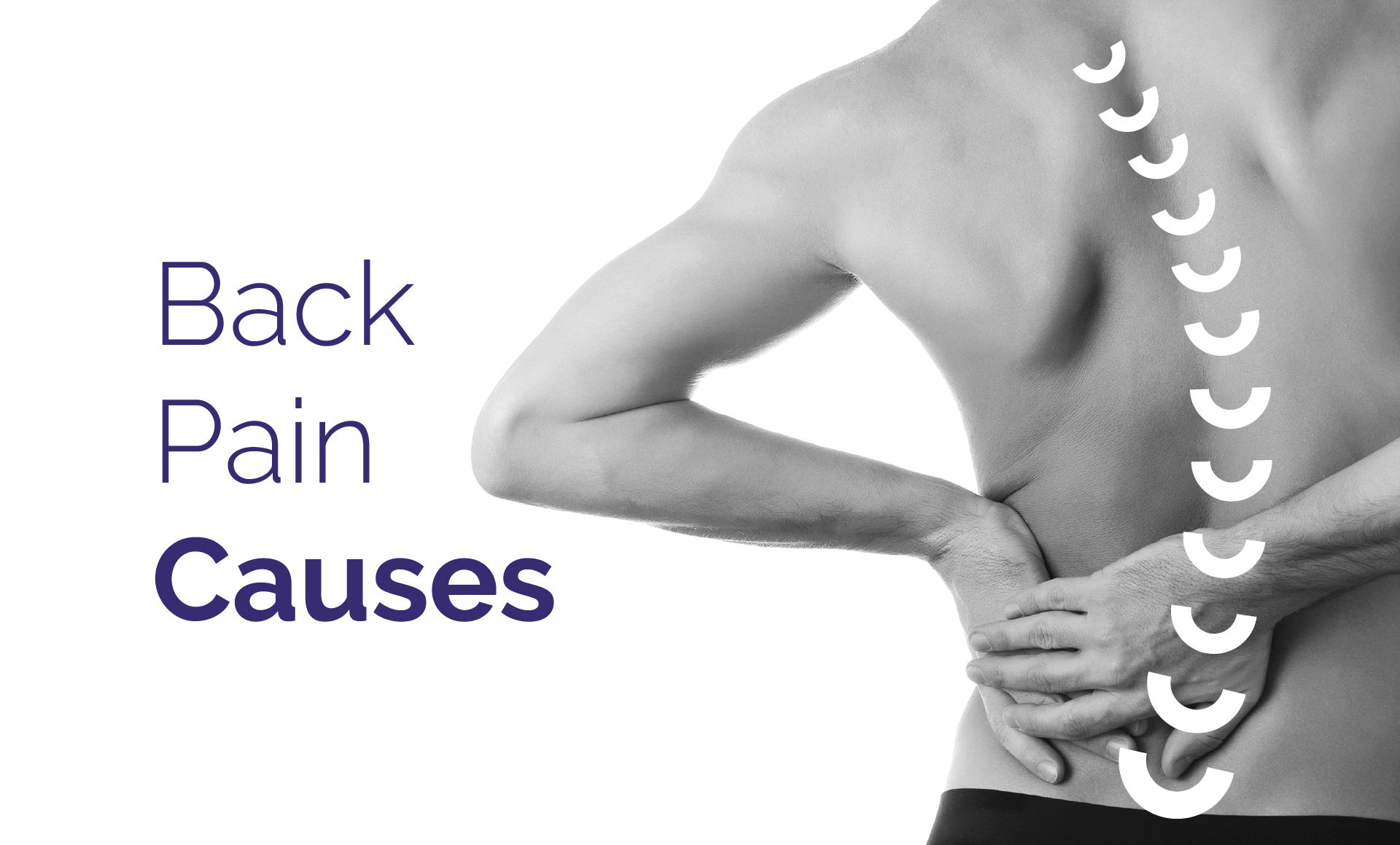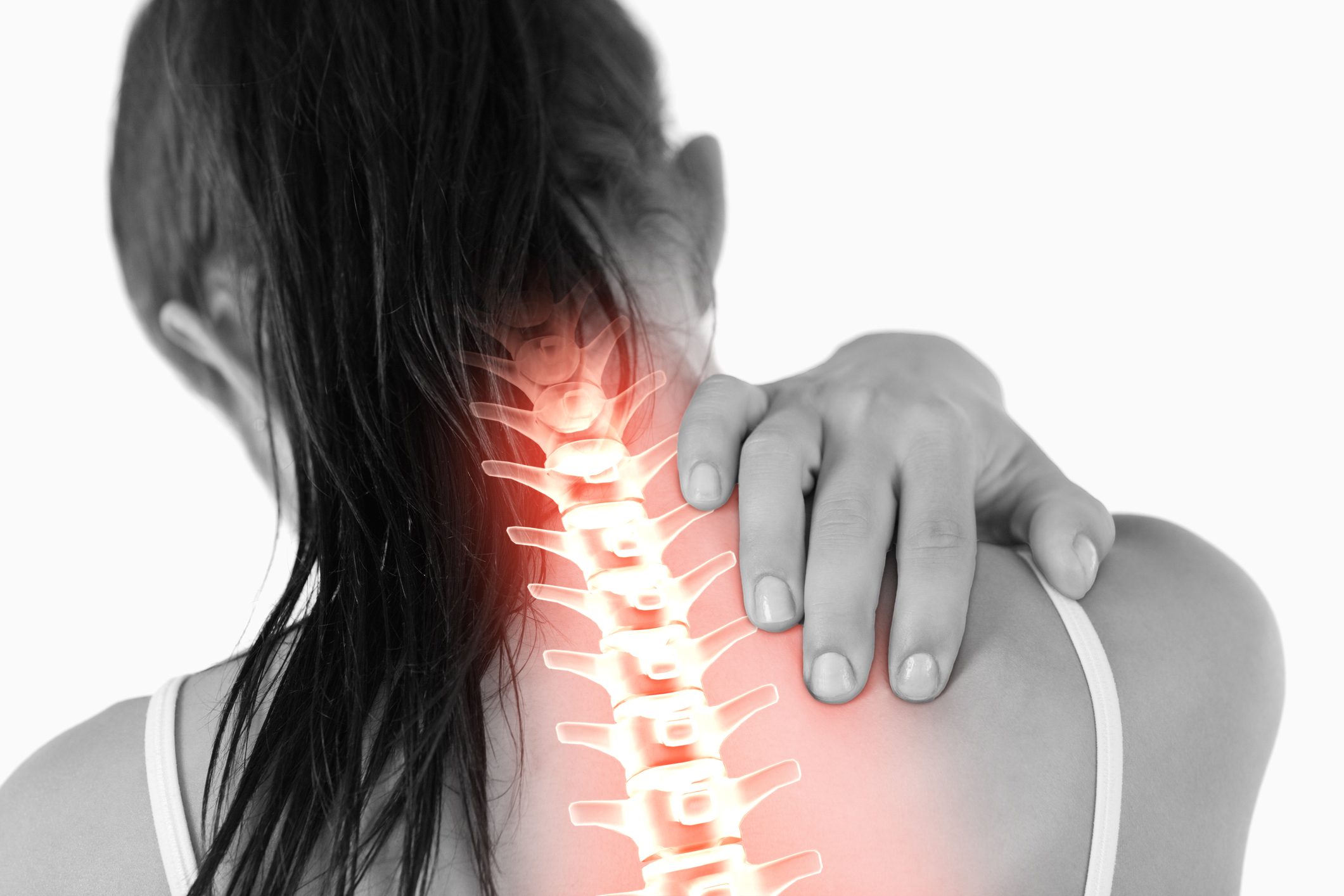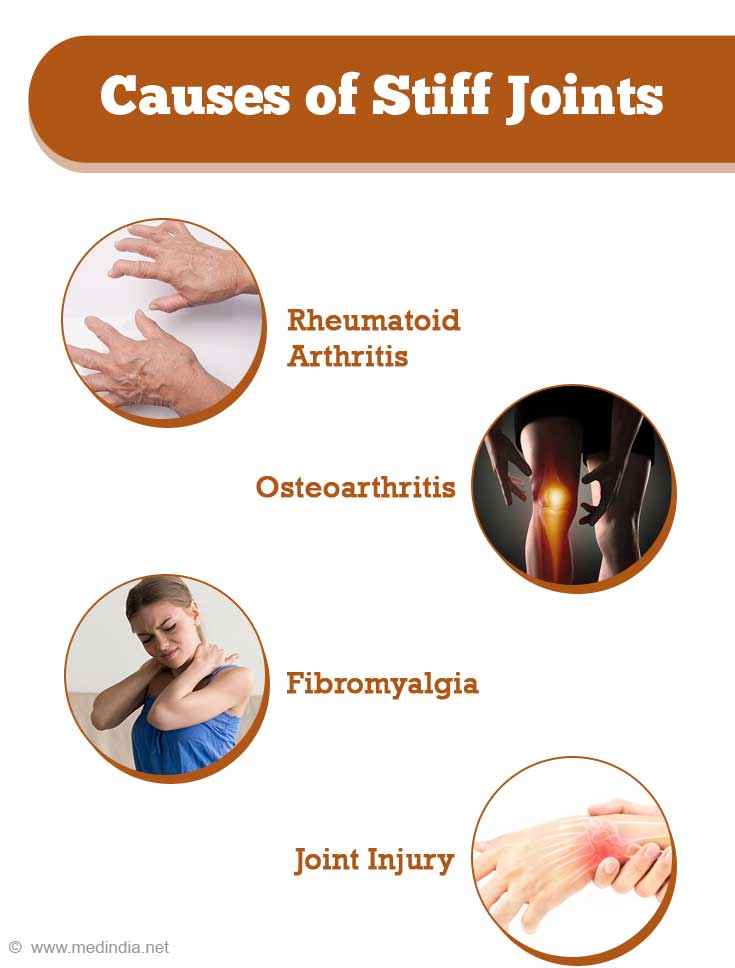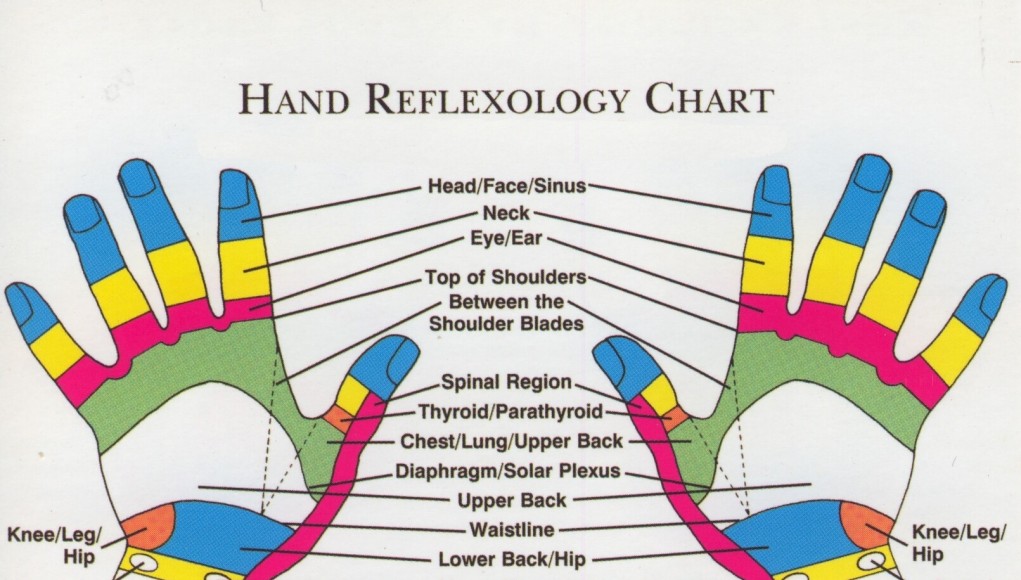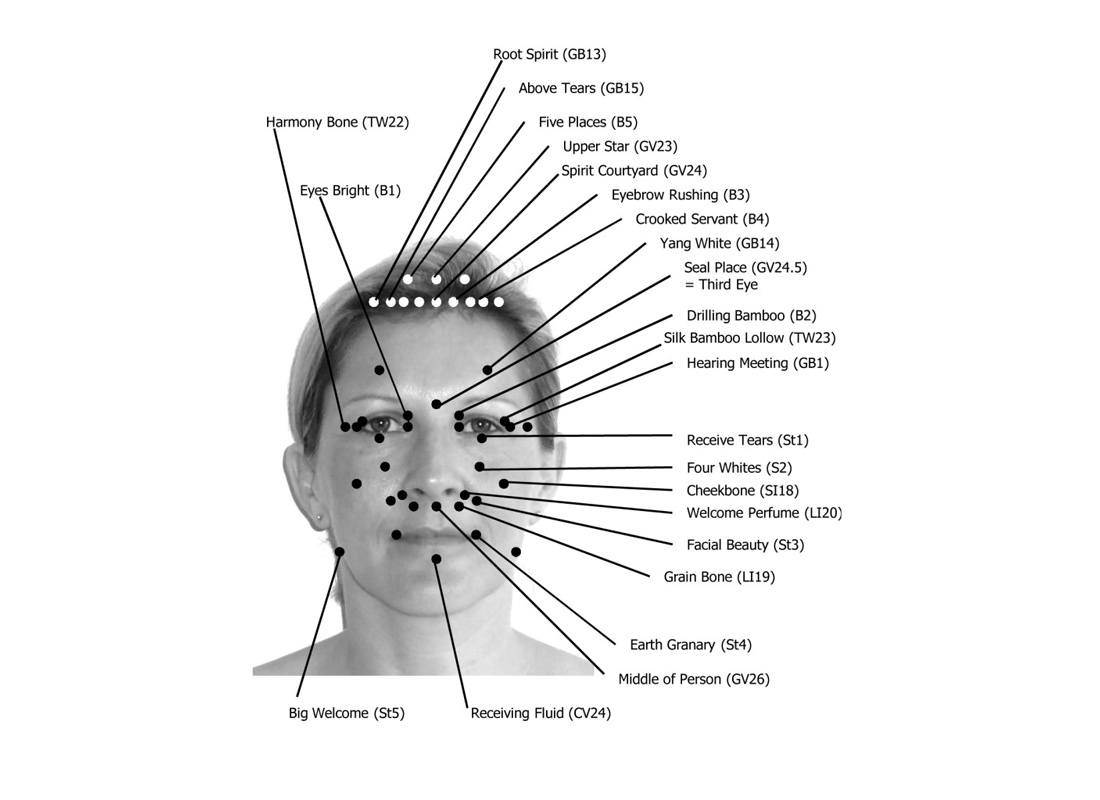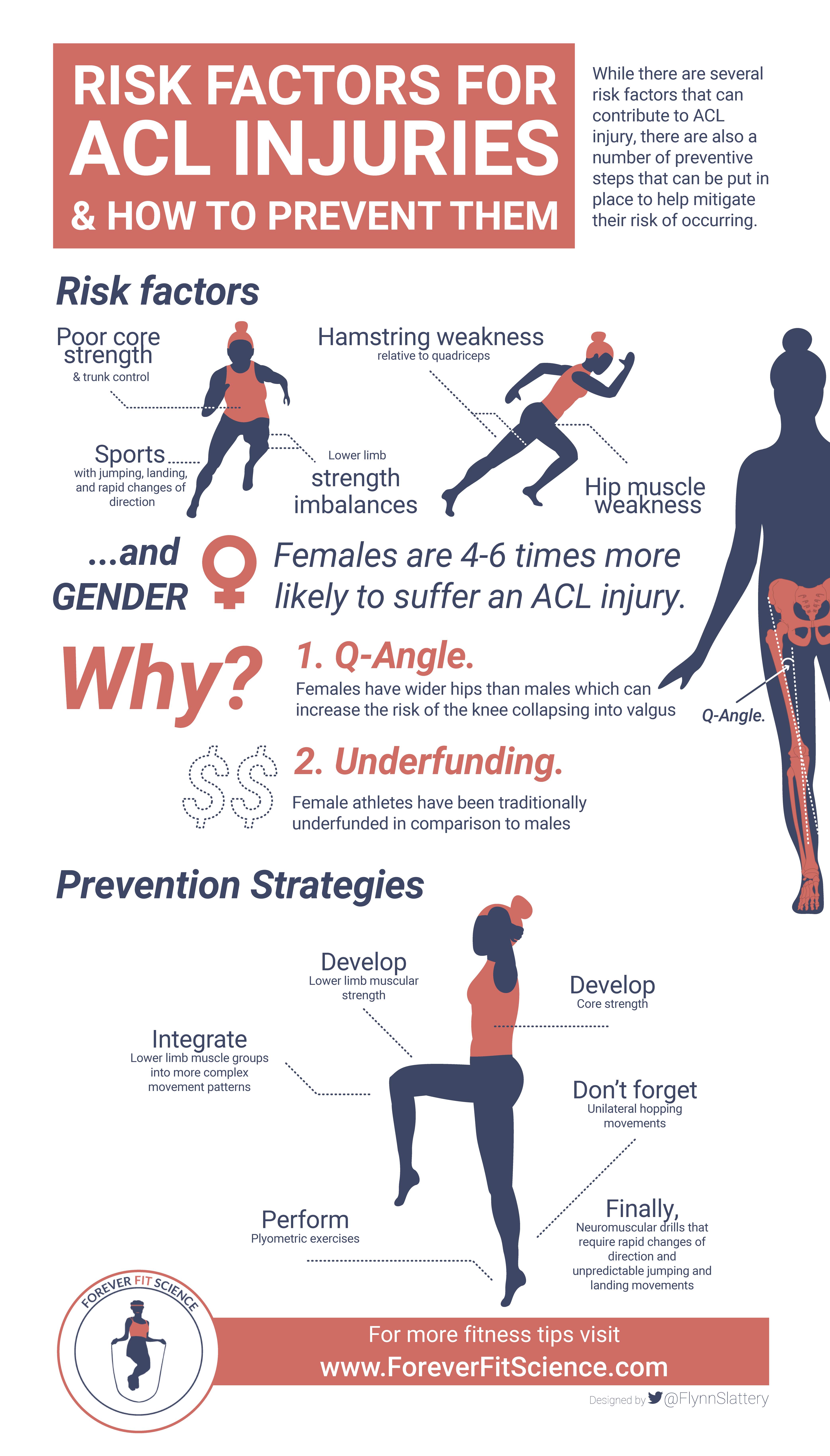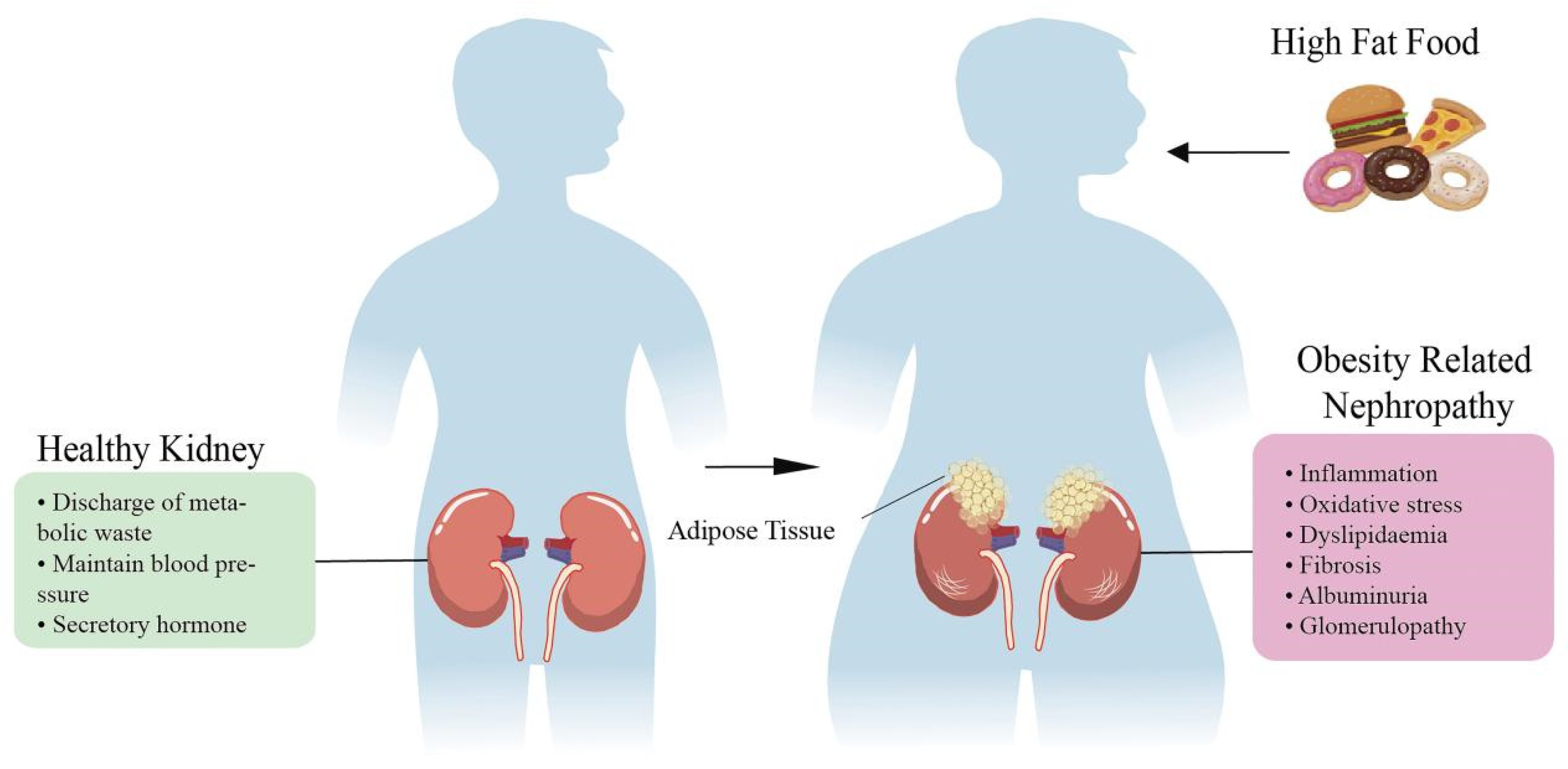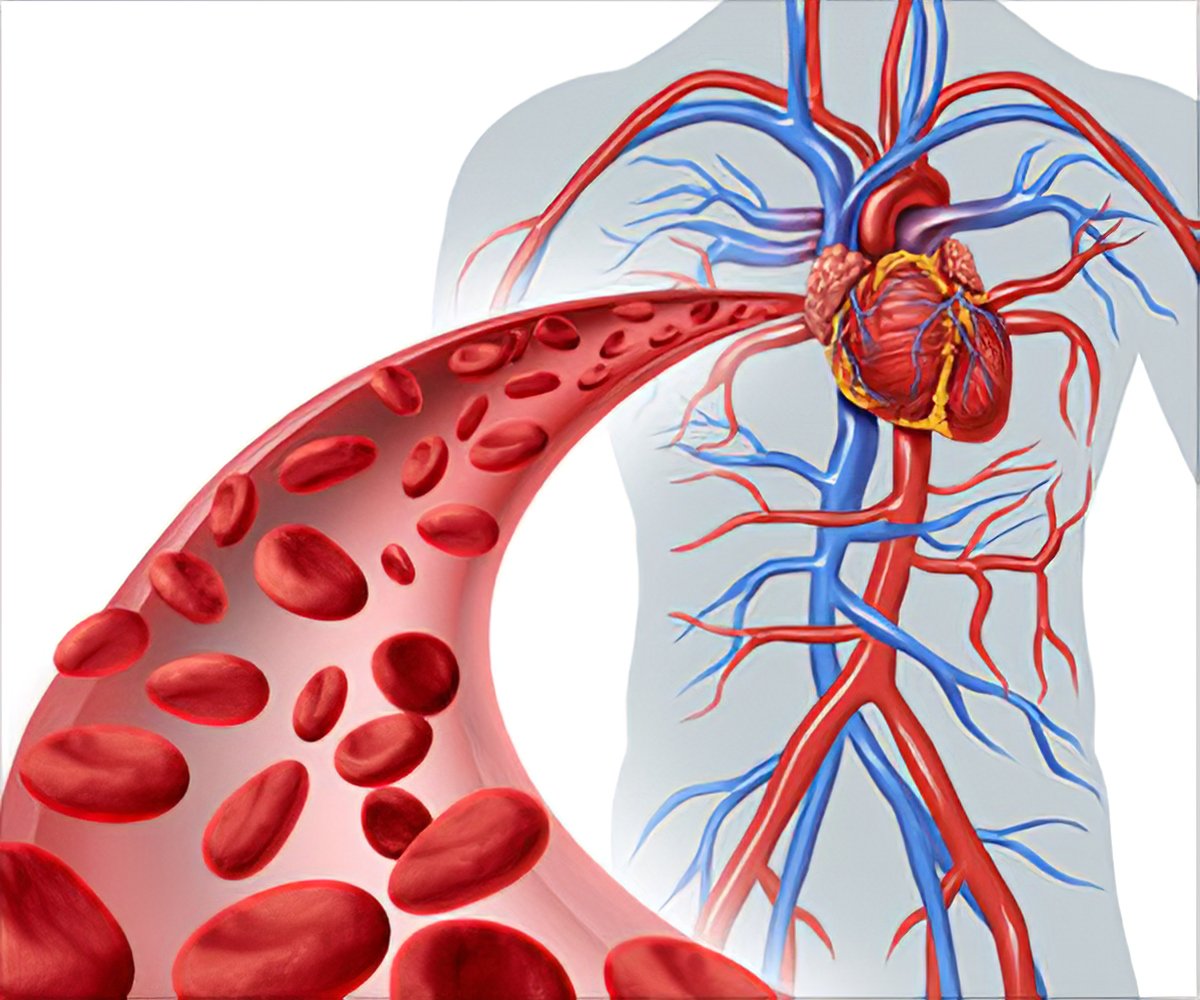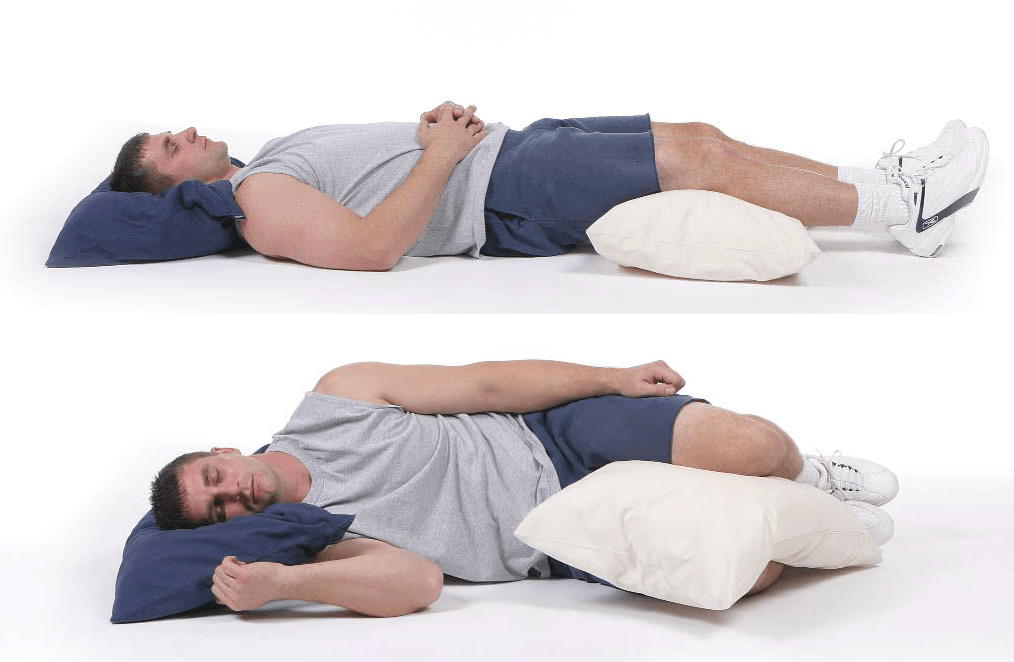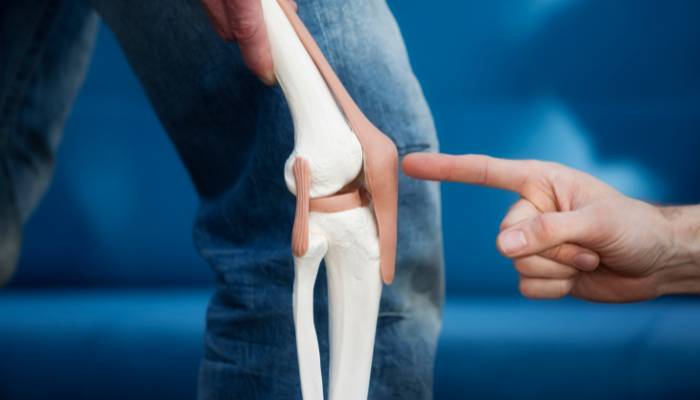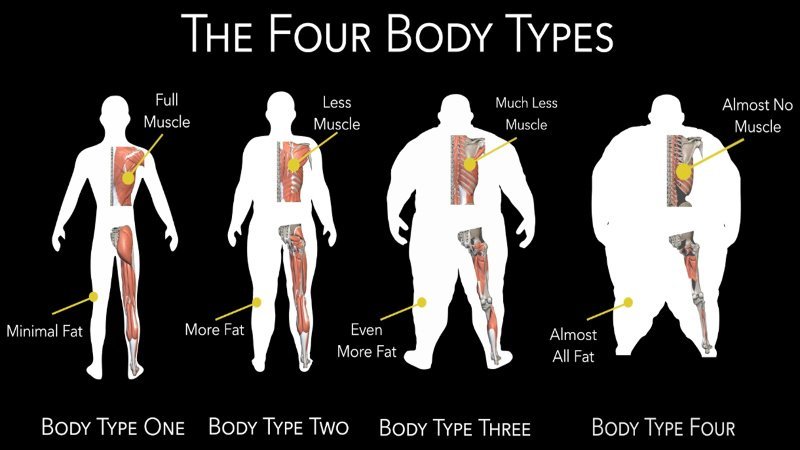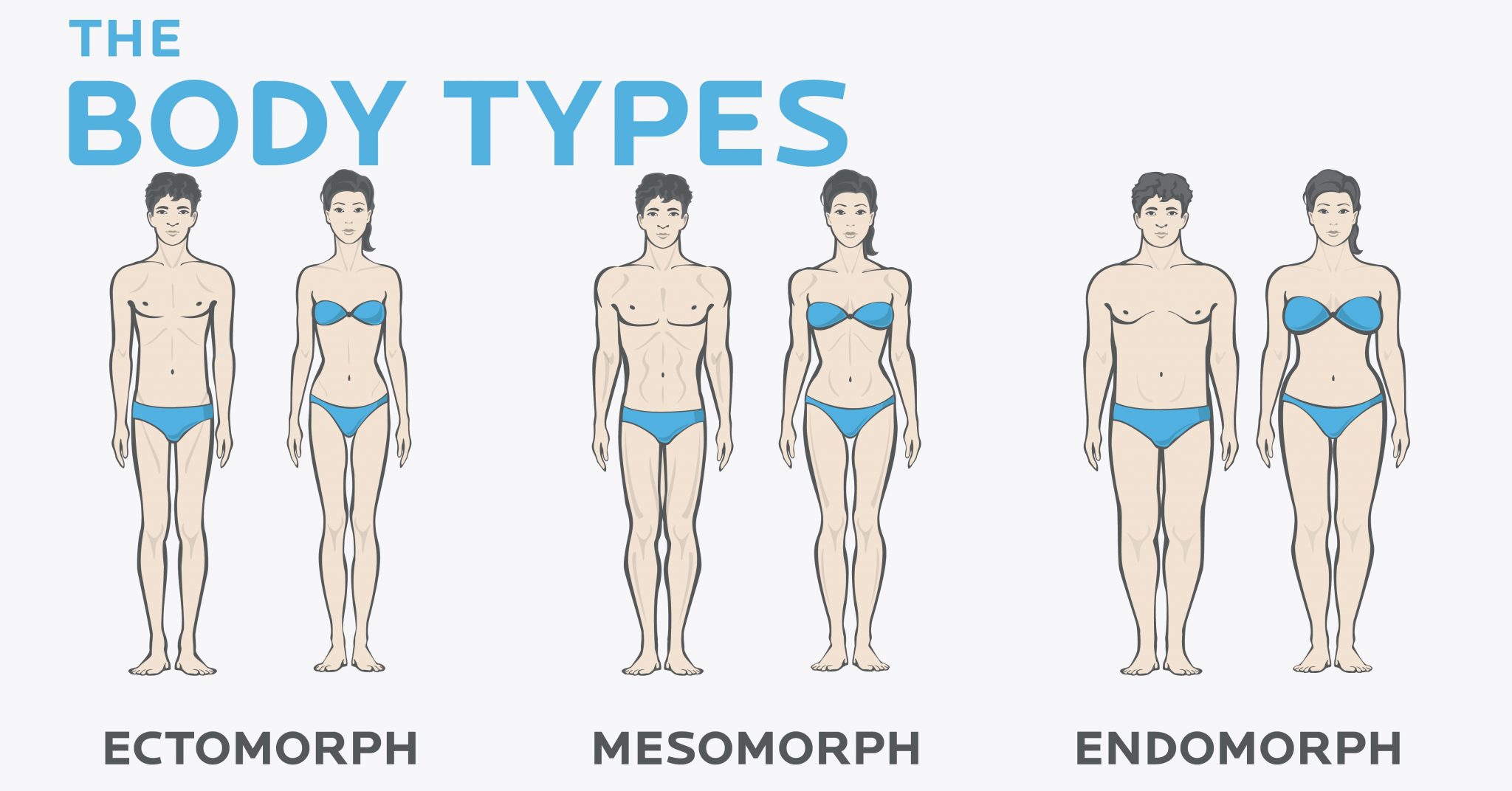One of the main disadvantages of sleeping on a hard mattress is the potential for back pain. The firmness of the mattress can put pressure on the spine, causing discomfort and pain. This is especially true for those who already suffer from back problems or injuries. The lack of cushioning and support can exacerbate existing issues and make it difficult to get a good night's rest.Back pain
Along with back pain, sleeping on a hard mattress can also lead to neck pain. The lack of give in the mattress means that the neck and head are not properly supported, causing strain on the neck muscles. This can result in stiffness and soreness in the morning, making it difficult to start the day off feeling refreshed and energized.Neck pain
People who sleep on hard mattresses may also experience joint stiffness in the morning. The firm surface of the mattress can put pressure on sensitive joints, such as the hips and shoulders, leading to discomfort and stiffness. This can also make it challenging to get out of bed and start the day feeling limber and ready to take on the day.Joint stiffness
Without enough cushioning, sleeping on a hard mattress can create pressure points on the body. These are areas where the body's weight is concentrated and can lead to discomfort and pain. This is especially problematic for side sleepers, as their shoulders and hips may bear the brunt of the pressure, leading to soreness and discomfort.Pressure points
The discomfort caused by sleeping on a hard mattress can also disrupt sleep. Constantly shifting to find a comfortable position can interrupt the sleep cycle, leading to a restless night and leaving one feeling tired and irritable the next day. This can have a negative impact on overall health and well-being.Disrupted sleep
For those who are prone to tossing and turning in their sleep, a hard mattress can increase the risk of injury. Without enough cushioning and support, sudden movements can put strain on the body and potentially lead to muscle or joint injuries. This is especially concerning for the elderly or those with mobility issues.Increased risk of injury
The hardness of a mattress can also restrict blood flow and circulation. This can be particularly problematic for those with circulation issues or those who spend long periods in bed due to illness or injury. Poor circulation can lead to numbness, tingling, and discomfort, making it difficult to get a good night's rest.Decreased circulation
As mentioned before, the lack of cushioning and support in a hard mattress can make it challenging to find a comfortable sleeping position. This can result in constantly shifting and adjusting throughout the night, leading to disrupted sleep and discomfort. It can also be frustrating and may lead to feelings of restlessness and irritability.Difficulty finding a comfortable position
For those with certain health conditions, such as arthritis or fibromyalgia, sleeping on a hard mattress can worsen symptoms and cause increased pain and discomfort. The lack of support and cushioning can put additional strain on the body and make it difficult to get the restorative sleep needed to manage these conditions effectively.May worsen existing conditions
Lastly, a hard mattress may not be suitable for all body types. Those who are lighter or have less body fat may find the mattress too firm and uncomfortable, as there is not enough give to support their body's natural curves. Similarly, those who are heavier may not get enough support from a hard mattress, leading to discomfort and pain. In conclusion, while a hard mattress may have its benefits, it also comes with several disadvantages that can negatively impact sleep and overall well-being. It is important to consider personal preferences and any existing health conditions when choosing a mattress, and to find a balance between firmness and comfort for a good night's rest.Not suitable for all body types
The Disadvantages of Sleeping on a Hard Mattress

Introduction
 Sleep is an essential part of our daily routine and having a comfortable and supportive mattress is crucial for a good night's rest. However, with the rise of the popularity of hard mattresses, more and more people are turning to this type of bedding for various reasons. While there are some benefits to sleeping on a hard mattress, there are also significant disadvantages that should be considered before making the switch. In this article, we will discuss the disadvantages of sleeping on a hard mattress and how it can impact your overall health and well-being.
Sleep is an essential part of our daily routine and having a comfortable and supportive mattress is crucial for a good night's rest. However, with the rise of the popularity of hard mattresses, more and more people are turning to this type of bedding for various reasons. While there are some benefits to sleeping on a hard mattress, there are also significant disadvantages that should be considered before making the switch. In this article, we will discuss the disadvantages of sleeping on a hard mattress and how it can impact your overall health and well-being.
Increased Pressure on Joints
 One of the major drawbacks of sleeping on a hard mattress is the increased pressure it puts on your joints. Hard mattresses do not provide enough cushioning and support for your body, especially for your hips, shoulders, and back. This can lead to discomfort and pain, especially for those who suffer from joint problems or injuries. The lack of contouring support can also cause stiffness and soreness, making it difficult to get a good night's sleep.
Related Keyword:
joint problems, discomfort, pain, stiffness, soreness
One of the major drawbacks of sleeping on a hard mattress is the increased pressure it puts on your joints. Hard mattresses do not provide enough cushioning and support for your body, especially for your hips, shoulders, and back. This can lead to discomfort and pain, especially for those who suffer from joint problems or injuries. The lack of contouring support can also cause stiffness and soreness, making it difficult to get a good night's sleep.
Related Keyword:
joint problems, discomfort, pain, stiffness, soreness
Spinal Misalignment
 A hard mattress may seem like a good choice for those who suffer from back pain, but it can actually do more harm than good. The lack of support and cushioning can cause your spine to be misaligned, which can lead to various issues such as back pain, stiffness, and numbness in the limbs. Over time, this can also affect your posture and lead to long-term back problems. It is important to have a mattress that supports the natural curvature of your spine to maintain proper alignment and prevent any potential health issues.
Related Keyword:
back pain, stiffness, numbness, posture, spinal alignment
A hard mattress may seem like a good choice for those who suffer from back pain, but it can actually do more harm than good. The lack of support and cushioning can cause your spine to be misaligned, which can lead to various issues such as back pain, stiffness, and numbness in the limbs. Over time, this can also affect your posture and lead to long-term back problems. It is important to have a mattress that supports the natural curvature of your spine to maintain proper alignment and prevent any potential health issues.
Related Keyword:
back pain, stiffness, numbness, posture, spinal alignment
Discomfort for Side Sleepers
 For those who prefer sleeping on their side, a hard mattress can be particularly uncomfortable. The lack of pressure relief and contouring support can cause excessive pressure on your hips and shoulders, leading to pain and discomfort. This can also disrupt your sleep and prevent you from getting the restorative rest that your body needs. If you are a side sleeper, it is recommended to choose a mattress that provides adequate cushioning and support to promote proper spinal alignment.
Related Keyword:
side sleepers, pressure relief, discomfort, restorative rest
For those who prefer sleeping on their side, a hard mattress can be particularly uncomfortable. The lack of pressure relief and contouring support can cause excessive pressure on your hips and shoulders, leading to pain and discomfort. This can also disrupt your sleep and prevent you from getting the restorative rest that your body needs. If you are a side sleeper, it is recommended to choose a mattress that provides adequate cushioning and support to promote proper spinal alignment.
Related Keyword:
side sleepers, pressure relief, discomfort, restorative rest
Difficulty Adjusting
 If you have been sleeping on a soft mattress for a long time, it may take some time for your body to adjust to a hard mattress. During this transition period, you may experience difficulty falling or staying asleep, which can lead to fatigue and irritability during the day. Your body needs time to adapt to a new sleeping surface and the lack of comfort can affect the quality of your sleep. This can be a significant disadvantage for those who are already dealing with sleep issues.
Related Keyword:
transition period, fatigue, irritability, quality of sleep
If you have been sleeping on a soft mattress for a long time, it may take some time for your body to adjust to a hard mattress. During this transition period, you may experience difficulty falling or staying asleep, which can lead to fatigue and irritability during the day. Your body needs time to adapt to a new sleeping surface and the lack of comfort can affect the quality of your sleep. This can be a significant disadvantage for those who are already dealing with sleep issues.
Related Keyword:
transition period, fatigue, irritability, quality of sleep
Conclusion
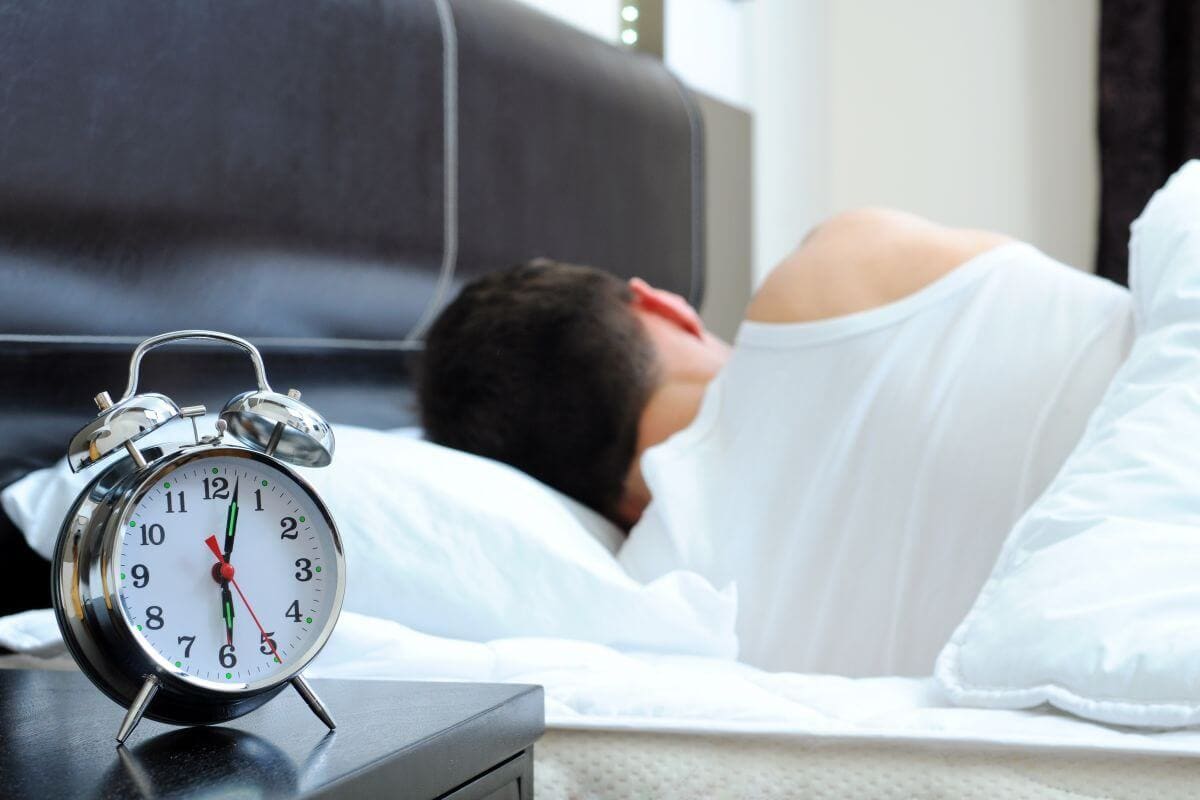 While a hard mattress may provide some benefits such as better support for your spine, it also has significant disadvantages that should not be overlooked. The increased pressure on joints, spinal misalignment, discomfort for side sleepers, and difficulty adjusting are all factors that can affect your overall sleep quality and health. It is important to carefully consider these disadvantages before making the switch to a hard mattress and to consult with a healthcare professional if you experience any discomfort or pain. Remember, a good night's sleep is essential for your well-being and investing in a comfortable and supportive mattress is key to achieving it.
While a hard mattress may provide some benefits such as better support for your spine, it also has significant disadvantages that should not be overlooked. The increased pressure on joints, spinal misalignment, discomfort for side sleepers, and difficulty adjusting are all factors that can affect your overall sleep quality and health. It is important to carefully consider these disadvantages before making the switch to a hard mattress and to consult with a healthcare professional if you experience any discomfort or pain. Remember, a good night's sleep is essential for your well-being and investing in a comfortable and supportive mattress is key to achieving it.

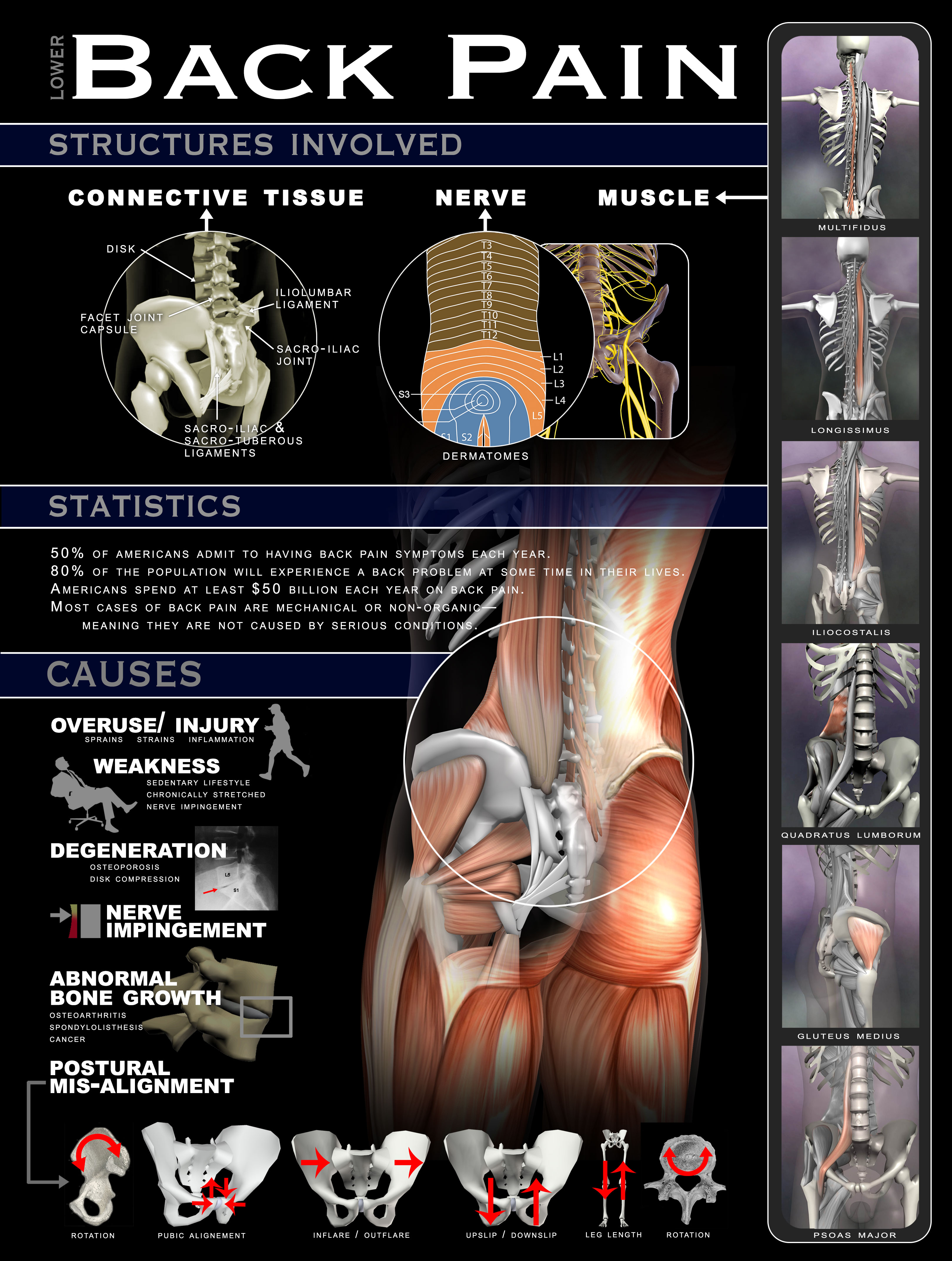




:max_bytes(150000):strip_icc()/backpainfinal-01-5c3ba0bf46e0fb0001b5b300.png)


